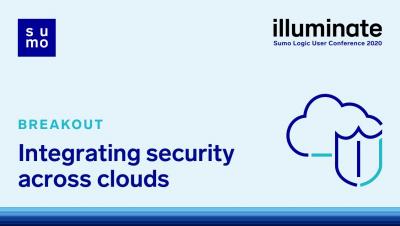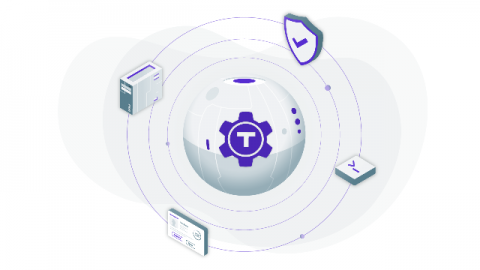Security | Threat Detection | Cyberattacks | DevSecOps | Compliance
Technology
Building Proficiencies to Discuss Security with the Board
Today, cybersecurity, risk, and data protection are issues that are on upper management’s radar. Seeking to minimize the potential for business disruption, board members are getting more involved with the organization’s security program. Recent surveys indicate that 65% of companies are recruiting board members who are knowledgeable about security issues.
The Pitfalls of Language Runtimes and Multi-tenant Services
Modern languages like Python, NodeJS, and Go make it easy to handle concurrent requests for multiple customers at the same time by using threads or goroutines. Such services seem very cost effective because one process can handle hundreds or thousands of tenants. However, this efficiency comes at a hidden, steep price. When language runtime scheduling breaks down, one tenant can cause an outage for everyone.
Lookout for Small Business: Secure Your Growing Business with Enterprise-grade Security
Three Key Takeaways From Our 'Security in Motion' Summit
2020 has been a challenging year. Organizations had to quickly figure out how to secure employees and mobile endpoints working outside their existing perimeter-based controls. To take a step back, 2020 isn’t an anomaly. This shift to mobile-first was happening well before the pandemic.
5 API Security Testing Techniques (API Security Audit + Pentesting)
Integrating Security Across Clouds
Cloud security series: Key controls to help enhance cloud security
Introducing Teleport Cloud
This blog post marks an important milestone for us! Just four years ago, as we grew frustrated with the state of SSH server access, Teleport was born. Eventually it grew way bigger than just SSH access, as our users want to use the same access workflow for all layers of their stacks. And today we’re announcing another way to use Teleport: as a hosted offering. Let’s dig deeper!
Cloud Computing Security Tools: Choosing the Right Solutions
No matter where you host your data, there are always risks. The public cloud is no exception. While providers like Amazon, Microsoft and Google offer security features, ultimately, cloud security is your responsibility. Where do you start? This article explains the key elements of a strong security posture in the cloud and how to choose the right security software solutions for your organization.











